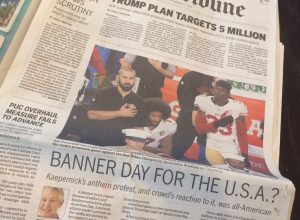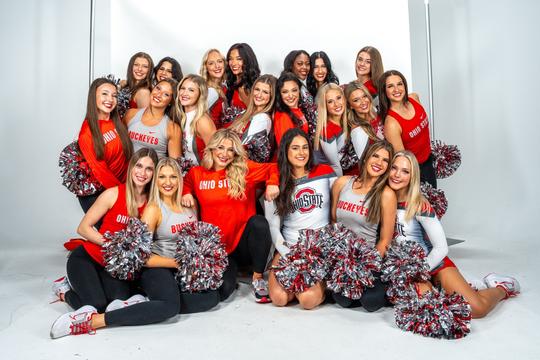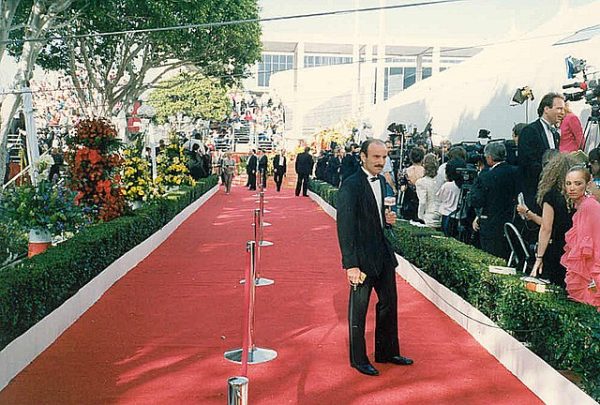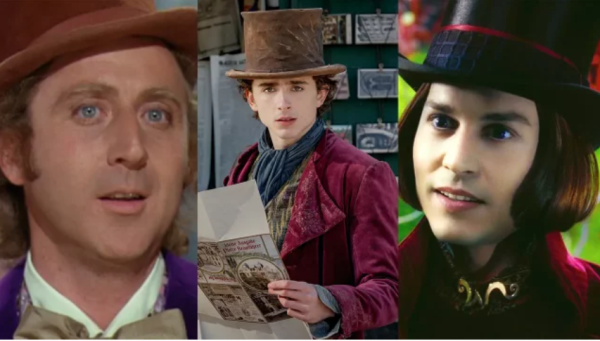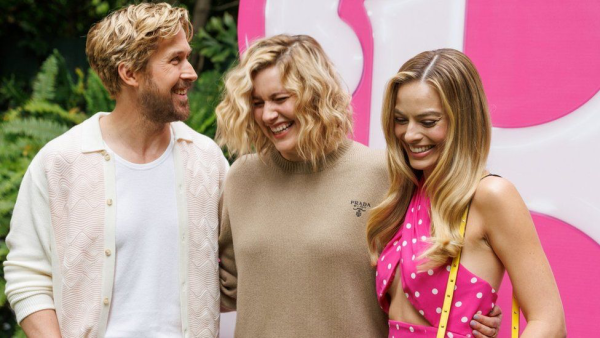Pro: Stand With Him
September 6, 2016
Colin Kaepernick refused to stand during the national anthem at Thursday’s 49ers game because, as he has said, he will not “show pride in a flag for a country that oppresses black people and people of color.” He isn’t the first to add fuel to the glaring issue in American society that is police brutality.
However, ever since the shooting of Trayvon Martin, four years ago, the fight against police brutality and for true equal rights has been pushed to the forefront.
The fight for equal rights and black lives has struck a powerful chord across our nation that is affecting us all. Kaerpenick’s refusal to stand for the anthem of a country with which he doesn’t agree is a continuation of that very fight.
However, Kaepernick is far from the first athlete to make a political statement at a game. In the height of the civil rights movement of the 1960s two Olympic athletes decided to use their fame to make a statement. During the 1968 Mexico City games, Tommie Smith and John Carlos, both felt it was their responsibility, with the world watching, to bring attention to the fight for equal rights. After they won gold and bronze in the 200 meter sprint, each man bowed his head and raised his fist in the air in solidarity with the ongoing civil rights struggle in America.
Smith raised his right in representation of black power, while Carlos his left to represent black unity, together they created an arch that was meant to represent black unity and black power. Their protest, considerably more mild than more recent protests today, outraged the American public, resulting in their removal from the national team and banning from the Olympic village.
The fight for civil rights isn’t a new idea in America. In fact it even Jackie Robinson, the first African American in the Major League was outspoken against the national anthem, saying, “I cannot stand and sing the anthem. I cannot salute the flag. I know that I am a black man in a white world.”
Kaepernick’s protest against the current state of our nation is not to say he hates America; it is simply pointing out flaws in our system.
If we ever wish to fix this broken system we call justice, we must stop alienating and disregarding every Black Lives Matter protest as just an angry black person. We need to start making changes and accepting that racism is as prevalent and alive in America today as it was 60 or even 100 years ago.

